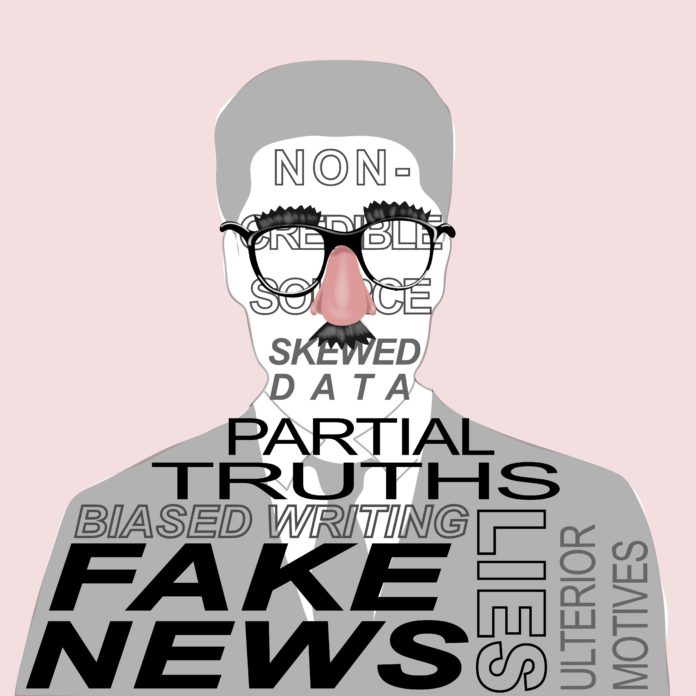We all have the relative that sits at the table during Thanksgiving, lighting the conversation on fire with their hot takes and weirdly specific facts they seem to pull out of nowhere. Usually it’s focused on politics, but sometimes it’s a weird fact they found on Facebook.
You normally just brush it off, but it still sticks with you. You don’t take time to look it up online or check if it’s factual. Instead, you go and share the statistic with some friends, and it spreads. This can all be easily avoided by simply taking a few moments out of your day to look it up on your phone.
Everyone’s guilty of this. You’ll see something on social media, read the tweet (but not the article attached to it) and hit retweet it because it agrees with what you believe.
You can’t take everything your Aunt Martha says as factual. Always be sure to double check her and anyone else that tells you an odd story or a weird fact. Double check people by reading peer edited articles or articles that tell the whole story; not ones that leave out important details to let their bias show.
This is especially true of statistics or studies. A popular book published in the 1950s, “How to Lie with Statistics” by Darrell Huff, demonstrates how the same survey can be depicted in various ways, sometimes even suggesting antithetical results. Some studies and articles cherry pick statistical data, use small sample sizes or misrepresent findings in order to present a particular bias. Take a few minutes to go back to the original source of the statistics in order to clarify the motives and methods behind the survey.
Websites like Pew Research Center provide their entire data collection and analysis processes alongside their results so readers can be sure of their accuracy and methods. Furthermore, Pew Research Center is a nonpartisan organization, aiming to find factual representations of data rather than push any particular agenda.
While it is the media’s job to validate the accuracy of reports, it’s your job as the reader to take it upon yourself to not spread “fake news.” If something sounds suspicious, double check it. Don’t go around spreading lies solely because they agree with your ideas.
Make the extra effort and double check something from a suspicious website.






